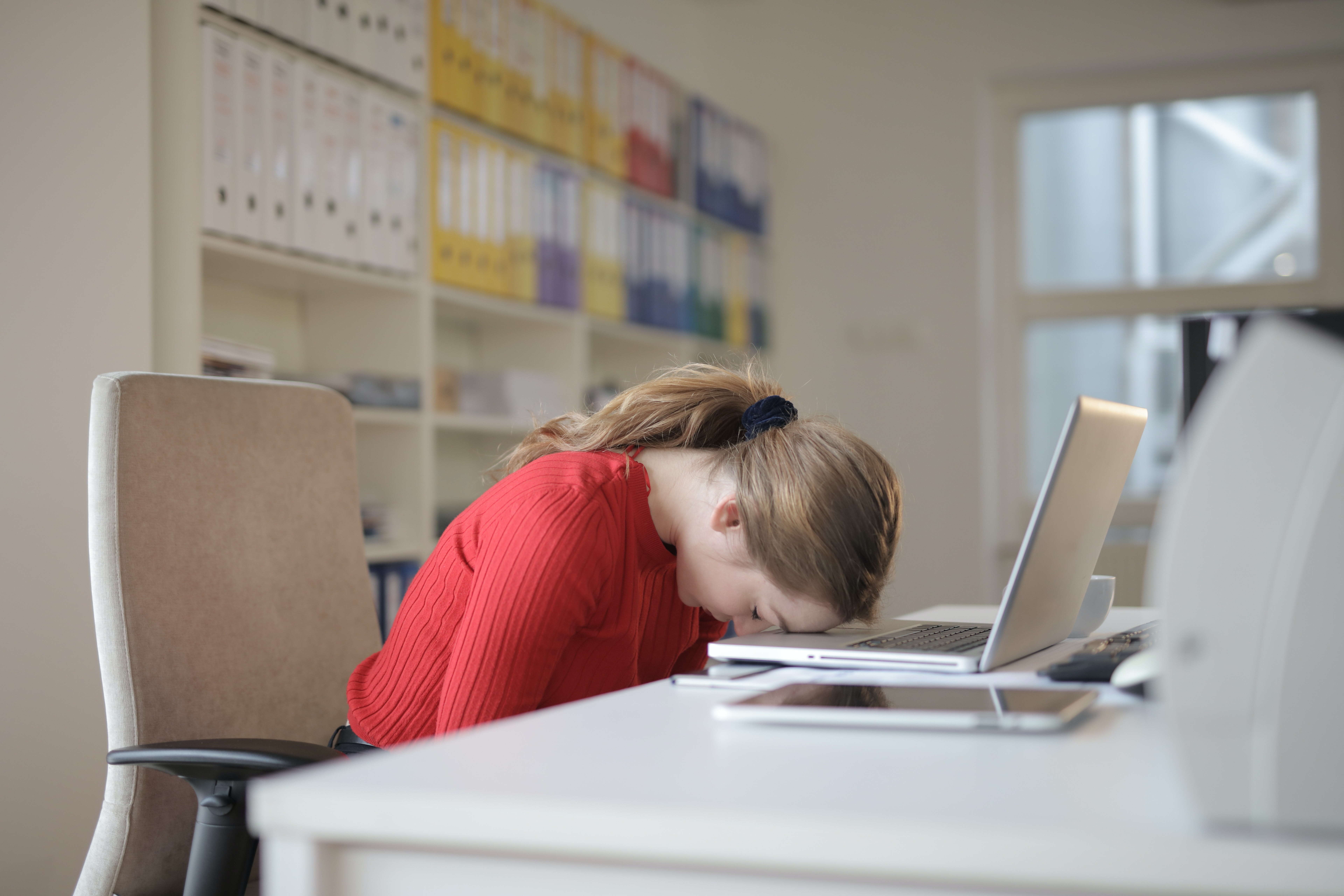
One of the most common problems that majority of the population share is a lack of sleep or not getting enough quality sleep to feel refreshed and rejuvenated each day.
More than one-third of adults sleep less than 7 hours a night. According to a survey conducted by SleepFoundation.org; 54.4% of respondents stated that stress and anxiety is the reason they have trouble falling asleep.
Stress and Sleep
Stress can cause sleep issues, insufficient sleep or poor-quality sleep; it throws off the internal clock that tells the body when to sleep and when to be alert. This occurs because the stress response is still in effect keeping our brain alert, when it should be in a relaxed state. This happens when we do not properly manage stress throughout the course of the day.
What usually happens is we experience a stressful issue, upsetting event or situation in the morning or afternoon or right before bed which activates the stress response. We can’t always deal with the problem right when it occurs, so we put it off until later. Some situations are out of our control and cannot be resolved and rather than accepting what is; we constantly think and worry about the issue at hand for the remainder of the day.
When it is time to go to bed, we think we can sleep it off and be fine in the morning; only to find out we have been lying in bed for an hour wide awake. We come to realize we cannot fall asleep because we are still thinking and worrying about what transpired earlier in the day; thus, contributing to lack of sleep or poor-quality sleep for the night.
In the case of chronic stress or high-level stress, the person will have trouble falling asleep every night which leads to sleep deprivation and serious sleep issues/ disorders.
Lack of Sleep causes Stress
The lack of sleep is not always caused by stress, sometimes the opposite will occur where stress will cause sleep difficulties or sleep issues. When you work the night shift or graveyard shift you will have trouble sleeping because of the change to your sleep schedule, which your mind and body have to adapt to. When a baby is born into a family, the parents will experience a lack of sleep while caring for a newborn and adjusting to fact that they have another person to be mindful of and care for 12/24/7.
A lack of sleep will cause stress to develop because it is a change from what your mind and body is used to, and the change usually happens immediately, so the stress response is activated. Your mind and body now have to adjust to this change or new normal.
For example, if you are used to going to bed at 9 pm and you decided to take on a second job which ends at 10 pm; you probably won’t get home until 11 pm and you end up going to bed at 12 or 12:30 am. The first night may not be too bad, but the third night this occurs the stress response will be activated because this is not the normal routine. When 9 pm hits your body and mind knows it is supposed to be relaxed and calm and on the verge of sleep, but still being active at that time causes a shock to the system and your mind is telling your body to either fight or run.
Learning how to reduce stress throughout the day can help us improve our sleep during the night. Also, implementing relaxation techniques whether we are stressed or not, after work and before bed can help us sleep better at night.